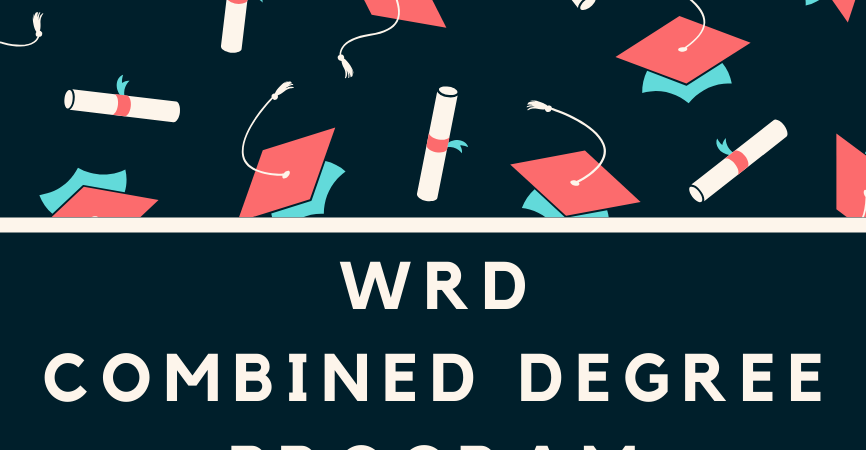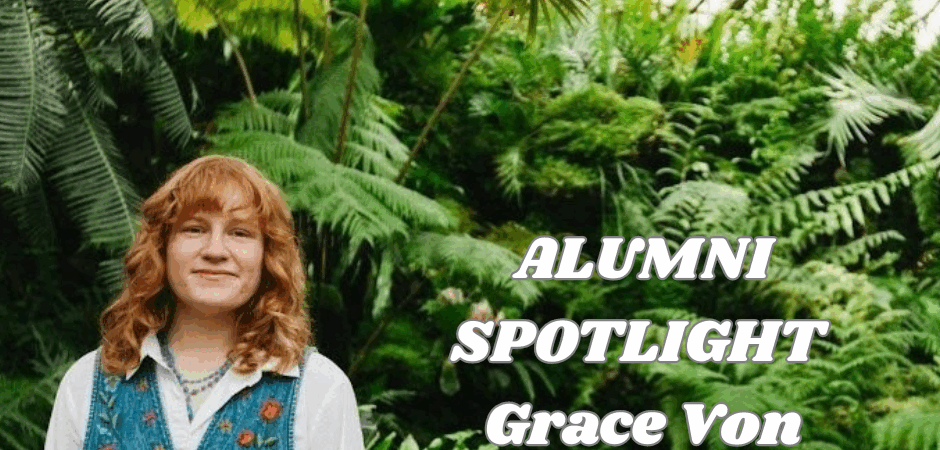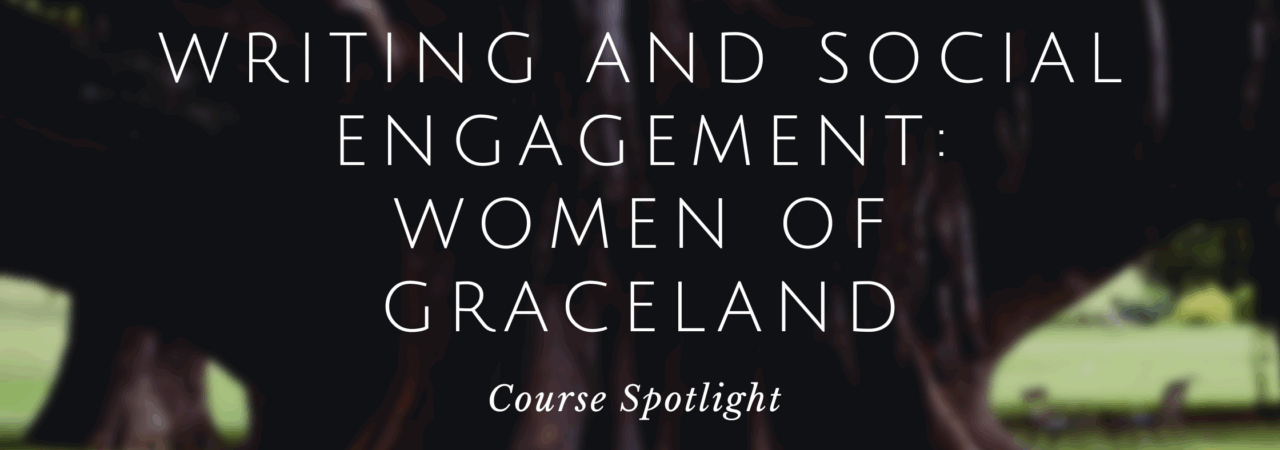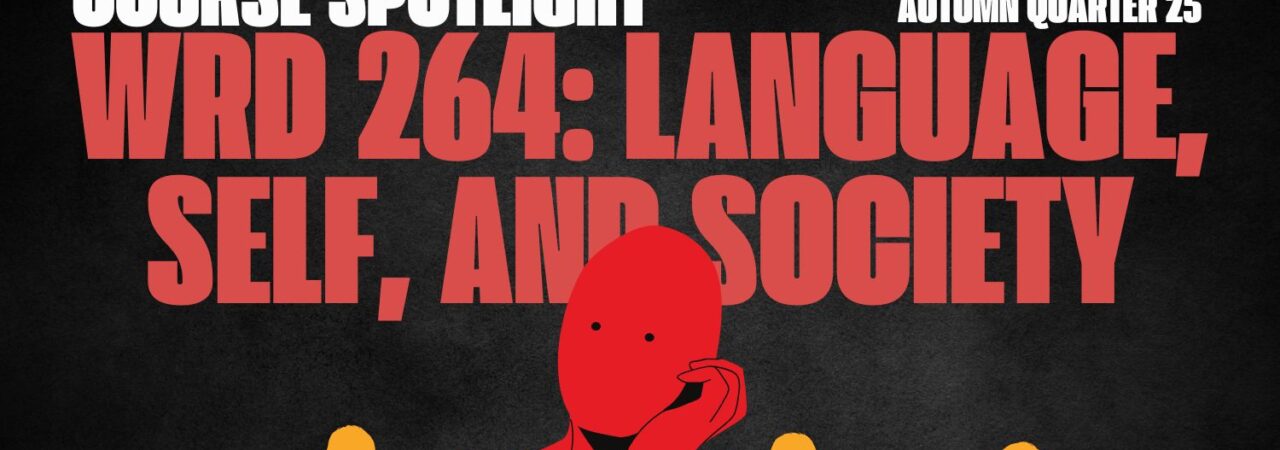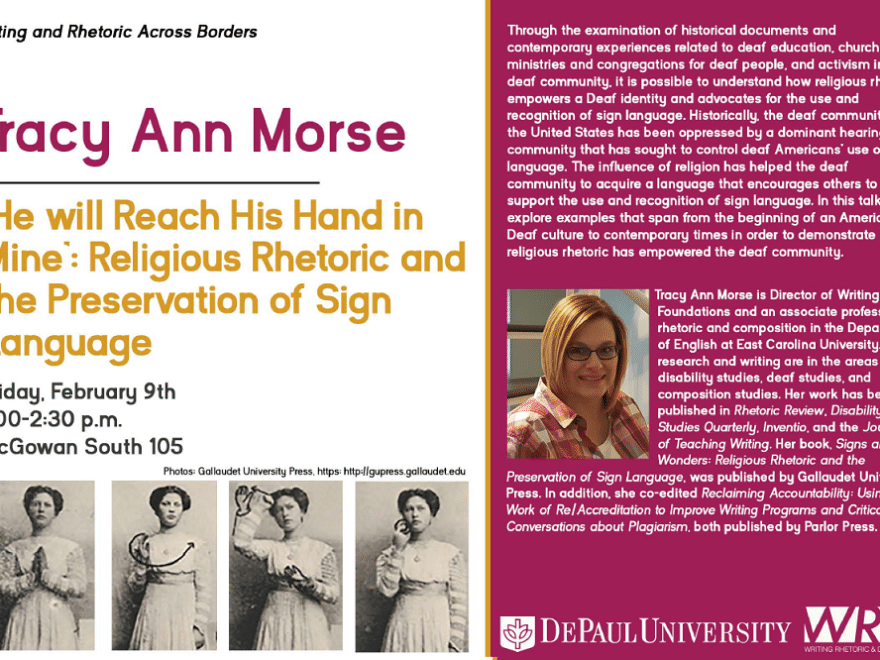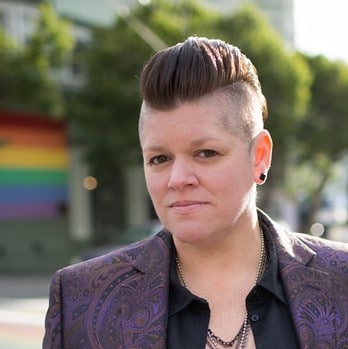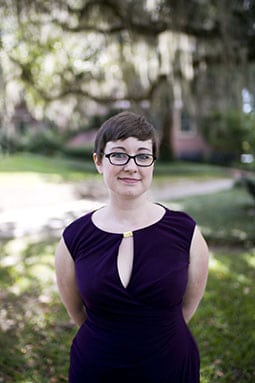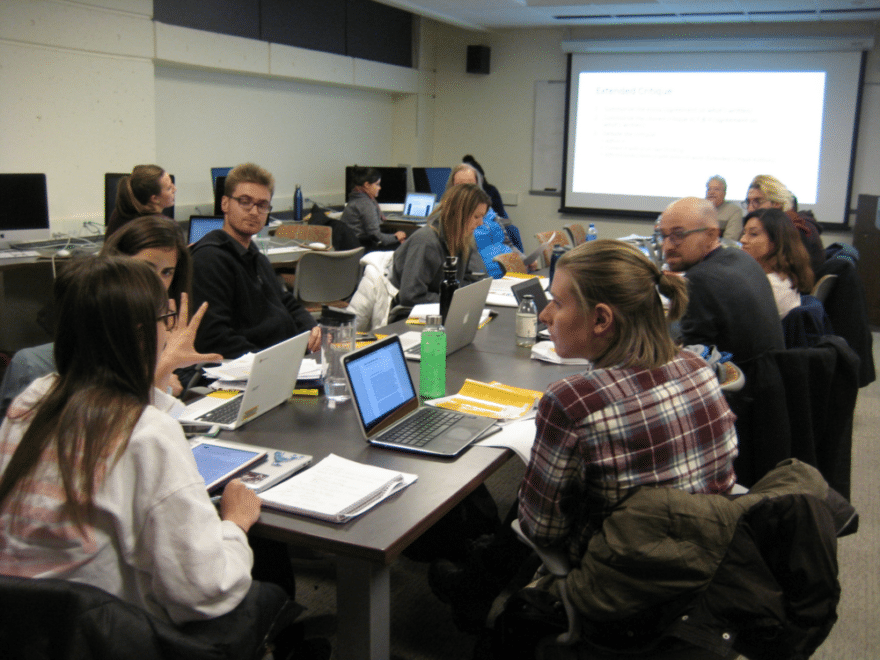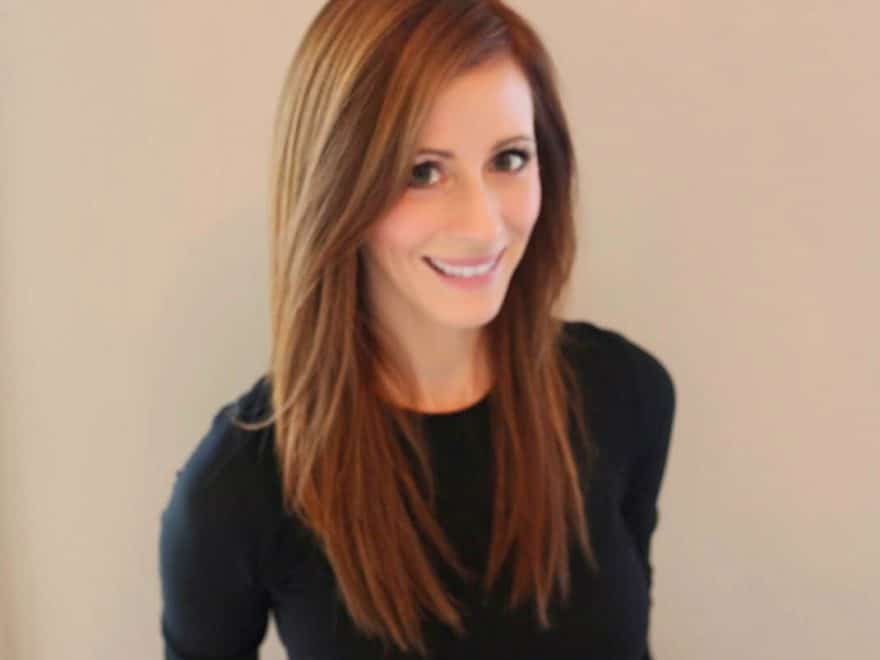Did you know that the WRD Department offers two Combined Degree Programs that can help you save time and money while you earn your Bachelor’s and Master’s degrees? Learn more about the advantages of these programs to see if a Combined BA/MA is right for you.
Continue reading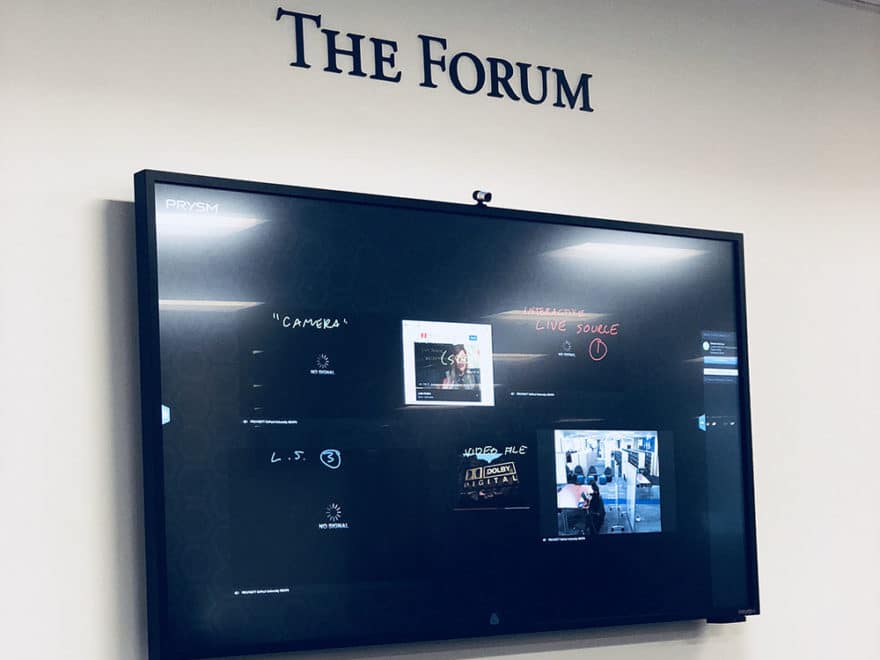
New Library Spaces Present New Possibilities for WRD
Recently, the John T. Richardson Library here in DePaul’s Lincoln Park campus finished a renovation of the second-floor that features a maker space called the Maker Hub, several media studios called 1581 Studios, and a collaborative work space called The Forum. Students, faculty, staff, and alumni are encouraged to use these spaces to create and use many different types of media including video, audio, photography, and computing. In WRD, we are particularly excited about these new spaces, which promise new opportunities for our students and faculty, especially those who are interested in digital and technical writing.
Continue reading